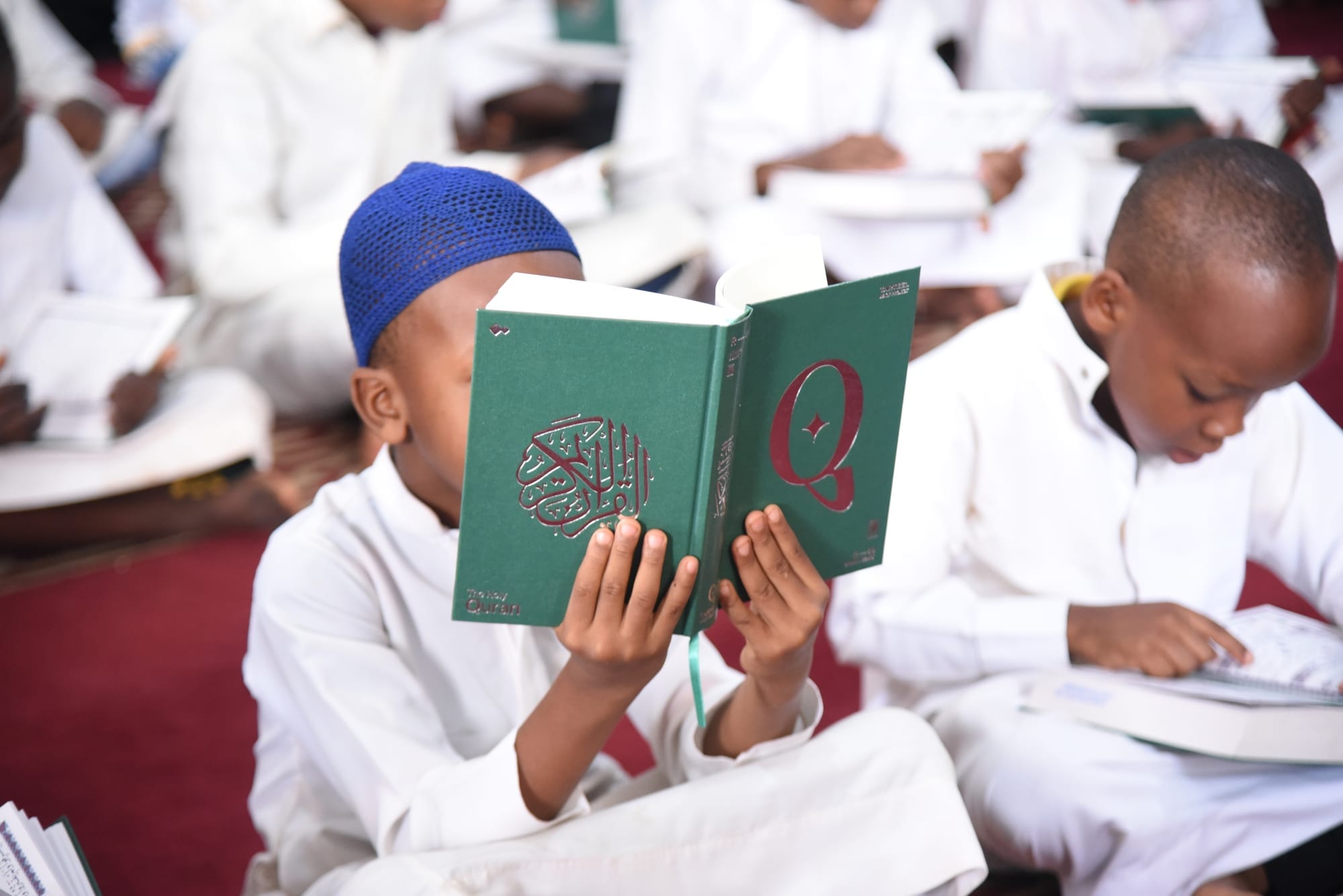Memorizing the Quran, or Hifz, is one of the most spiritually rewarding pursuits a Muslim can undertake. But true mastery isn’t just about memorizing—it’s about retaining what you've learned for a lifetime. Many huffadh struggle with keeping their memorization strong, and without regular revision, it can slip away.
Understanding short-term vs. long-term memory is key to making your Hifz truly stick. With the right approach, you can shift your Quranic memorization from something temporary to something deeply embedded in your mind and heart.
Let’s explore how memory works, why we forget, and how to lock your Hifz into long-term memory storage—with science-backed techniques and powerful tools like Tarteel Premium, which is free for all of Sha’ban to help you perfect your memorization before Ramadan.
Understanding Short-Term vs. Long-Term Memory in Hifz
Your brain processes memorization in two main stages:
- Short-Term Memory (STM): This is where newly learned information is briefly stored. If it’s not reinforced, it will fade within minutes or hours.
- Long-Term Memory (LTM): This is where information is stored permanently, allowing for quick and effortless recall, even after years.
When you first memorize a new ayah, it enters short-term memory—but without strategic reinforcement, it can easily be lost. The goal of a strong Hifz habit is to move Quranic verses into your long-term memory, where they can be recalled with ease.
Why Do We Forget Quranic Memorization?
Even if you’ve memorized a surah, you might struggle to recall it later. That’s because of something called the Forgetting Curve, a concept discovered by psychologist Hermann Ebbinghaus. His research showed that:
📉 Without review, we forget up to 50% of new information within 24 hours.
📉 Within a week, nearly 80% of what we memorized can be lost.
The key to solidifying Hifz is to combat this forgetting process by using strategic revision techniques that ensure ayat move from short-term to long-term memory.
How to Lock Your Hifz Into Long-Term Memory
1. Use Spaced Repetition (The Secret of Huffadh)
The best way to make memorization permanent is to space out your reviews. Instead of cramming all your revision in one session, follow a spaced repetition system:
✅ Day 1: Memorize a new ayah.
✅ Day 2: Review the ayah from Day 1, then add a new one.
✅ Day 3: Review both ayahs, then add a third.
✅ Day 7: Revise all ayahs from the past week.
✅ Day 30: Revise the surah to strengthen long-term recall.
Tarteel’s Goals Feature helps you stay on track with this system by letting you set memorization targets and track your revision sessions.
📌 Try this: Use Tarteel Premium’s Mistake Detection to recite from memory and receive instant feedback when you make an error.
2. Strengthen Retention with Active Recall
Passive reading won’t help you retain what you’ve memorized. Active recall forces your brain to retrieve information, making it stick longer.
How to do it:
❌ Don’t look at the Mushaf immediately.
✅ Do cover the ayah and try to recite it from memory.
✅ Check yourself by uncovering the ayah and seeing where you got stuck.
Tarteel’s Hide Verses feature helps with this by allowing you to remove ayahs from the page and test yourself before revealing them.
3. Connect Your Memorization to Meaning
One of the biggest reasons people forget their Hifz is because they don’t internalize the meaning of what they’re memorizing. When you understand the context of the verses, recall becomes much easier.
How to apply this:
🔹 Read the Tafsir of a surah before memorizing it.
🔹 Try to visualize what the ayah is teaching as you recite.
🔹 Use Tarteel’s translation feature to connect Arabic verses with their meaning.
4. Recite in Salah to Reinforce Retention
Your brain recalls best in familiar settings—which is why reciting your memorized surahs in Salah is one of the best ways to solidify them in long-term memory.
How to do it:
🕌 Recite your newly memorized ayah in every Rakah of prayer.
🕌 Rotate between different surahs to strengthen recall.
🕌 Challenge yourself by reciting without looking at the Mushaf.
Even better? If you make Taraweeh in Ramadan a goal, you’ll strengthen your Hifz even further.
5. Use Mistakes as a Learning Tool
Many people get discouraged when they forget an ayah—but mistakes are actually a key part of long-term memorization! Each time you correct an error, your brain builds a stronger memory pathway.
Tarteel’s Mistake Detection feature allows you to see exactly where you went wrong and correct your recitation instantly—which helps embed the correct ayah in your mind permanently.
Lock in Your Hifz Before Ramadan with Tarteel Premium (FREE for Sha’ban!)
The best time to strengthen your memorization is before Ramadan begins, and Tarteel Premium is completely free for Sha’ban to help you do just that.
🔹 Recite with real-time mistake detection to catch errors early.
🔹 Track your progress and build consistency before Ramadan.
🔹 Set a memorization goal and stick to it effortlessly.
Whether you’re memorizing Juz Amma, preparing for Taraweeh, or just refreshing your previous Hifz, this is your chance to make your memorization stick for life.
Strengthen Your Connection with the Quran
Memorizing the Quran isn’t just about retaining words—it’s about making Allah’s words part of your life. The stronger your long-term recall, the deeper your connection with the Quran.
By applying these scientific memory techniques and using Tarteel’s powerful tools, you’ll be able to memorize with confidence, retain what you’ve learned, and walk into Ramadan prepared.
💡 Take advantage of FREE Premium this Sha’ban and make this your strongest Hifz yet.
Let’s make this the year your Hifz becomes unshakable. 🌙✨





